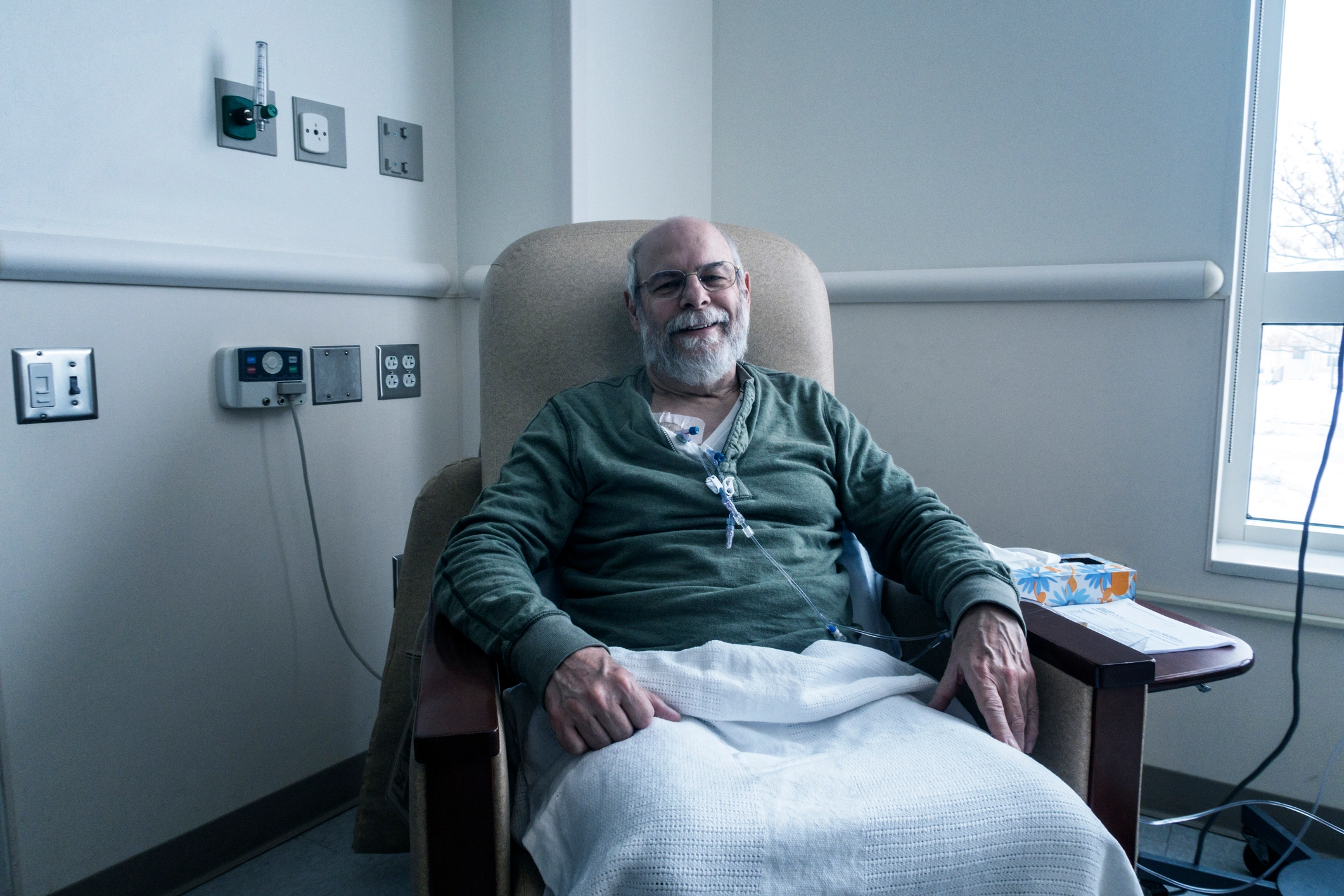Researcher seeks to understand how social ties affect life after breast cancer
Candyce Kroenke, ScD, MPH’s research focuses on understanding the influence of social determinants of health, particularly social networks and social support, on quality of life and survival in cancer patients, and the mechanisms of those relationships. She also evaluates the influence of lifestyle and related factors on cancer outcomes.

Q: If you had to think back, is there a single moment in your life that sparked your interest in what you’re doing now?
I don’t know that I ever had a chance of not being interested in health. As long as I can remember, my family was interested in how diet and lifestyle influenced health and longevity. It was like living life according to an epidemiological textbook! I also remember an early fascination with sociology and psychology; my lifelong love of libraries is certainly influenced by the treasures I found on these topics.
Q: You have two studies underway on the role of social networks in breast cancer treatment and survival. What do you hope to learn?
Social networks are the web of relationships around an individual, and social support is the perception and reality of the exchange of assistance through social relationships. My team is working to determine whether differences in social networks and support underlie differences in treatment, and thus survival. There is also something unique about the social networks of women with breast cancer, and I hope to learn more about what makes them so salubrious. We are looking at these questions in large cohorts and doing in-depth qualitative interviews in a smaller group of women to get a deeper understanding of the role of women’s social networks in the context of cancer.
Q: What do women with breast cancer need to know about how social networks can affect their long-term health?
Repeatedly, we see that women who have larger, supportive networks have better survival after a diagnosis of cancer. That association is apparent for cancer-specific survival but it is even stronger for overall survival. My work really focuses on understanding the why and the how of that so that we can figure out how to improve outcomes in women.
Q: October is Breast Cancer Awareness Month. How has breast cancer research changed over the decades? Where do you see it headed in the future?
Because of advances in treatment, survival in women with breast cancer has improved substantially. As a result, research on quality of life in breast cancer survivors has grown, as has its importance. Thus, a good deal of my research also focuses on predictors of quality of life. Breast cancer research is also heading in the direction of refining treatment to minimize the long-term impacts on health and quality of life. I think that is incredibly important.
Q: In your free time, what do you like to do?
Play is so important! I like spending time with family. We travel, hike, cook, bake, eat good food, swim, chat, draw, sing, make up new words, and act silly. In the past year, I have taken up weight lifting, which has been a life-changer. I usually have half a dozen books I’m working on. I enjoy volunteering in my kids’ school. I like British baking and design shows; they are always so nice to each other! And I enjoy bargain hunting.





Comments (0)